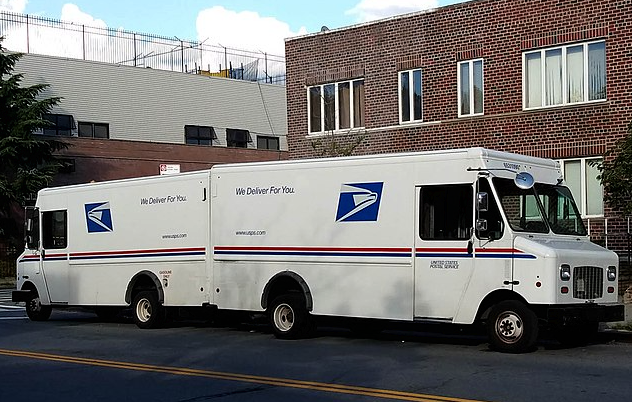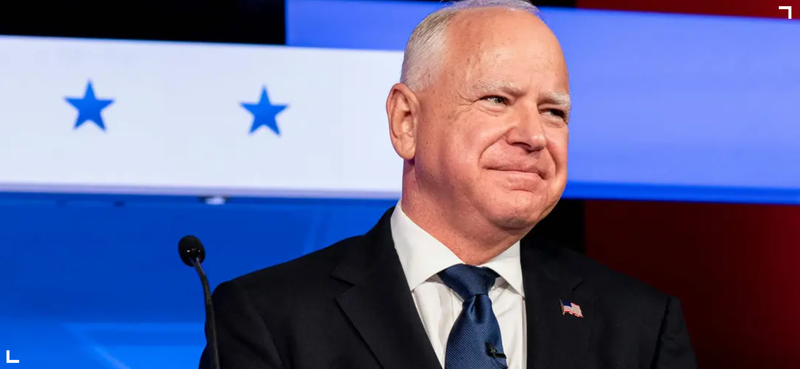SCOTUS Rules in Favor of Christian Postal Worker
The US Supreme Court (SCOTUS) on Thursday ruled in favor of Gerald Groff, a Christian US Postal Service (USPS) mail carrier who had requested Sundays off due to his religious beliefs.

Facts
- The US Supreme Court (SCOTUS) on Thursday ruled in favor of Gerald Groff, a Christian US Postal Service (USPS) mail carrier who had requested Sundays off due to his religious beliefs. After USPS began delivering Amazon packages on Sundays, Groff received disciplinary actions for not finding employees to cover his shifts, eventually resigning out of fear of being fired.1
- Groff argued it was difficult to bring religious claims under Title VII of the Civil Rights Act, which prohibits workplace discrimination. The justices unanimously clarified the 1977 ruling in Trans World Airlines v. Hardison, which had said employers didn't have to accommodate employees if it imposed a minimal burden.2
- After his resignation, Groff received legal backing from several Christian organizations as well as the American Hindu Coalition, the American Sikh Coalition, and the Council on American-Islamic Relations.2
- Writing for the unanimous opinion, Justice Samuel Alito wrote that forcing other employees to work overtime to accommodate Groff's Sundays off does not meet the bar of imposing "undue hardship on the conduct of the employer’s business," raising the standard employers must meet for religious accommodation.3
- The Third Circuit Court of Appeals had ruled that "exempting Groff" from working on Sundays would cause undue hardship "because it actually imposed on his coworkers, disrupted the workplace and workflow, and diminished employee morale."4
- The justices have now sent the case back to the lower courts to "resolve whether a hardship would be substantial in the context of an employer's business in the commonsense manner that it would use in applying any such test."5
Sources: 1FOX News, 2NBC, 3National Review, 4The Christian Post, and 5NPR Online News.
Narratives
- Left narrative, as provided by Americas United. The Civil Rights Act was designed to protect employees who wished to wear hijabs or pray at the office, not force workers to cover shifts for those who don't want to work on a particular day. While it's good that other religious groups are praising this ruling, there is a well-founded fear that Christian nationalists are going to try and use this case as a trojan horse to continue to erode the separation of Church and State.
- Right narrative, as provided by Catholic Review. Contrary to the claims of separation of church and state advocates, the only precedent this sets is protecting the millions of faithful Americans who wish to abide by the rules of their church and not be forced to work on their holy day. Corporate America has abused this undue burden loophole for decades, and it's finally time to fight back and defend the workers from all faiths who have risked losing their livelihood because of the greed of their employers.






